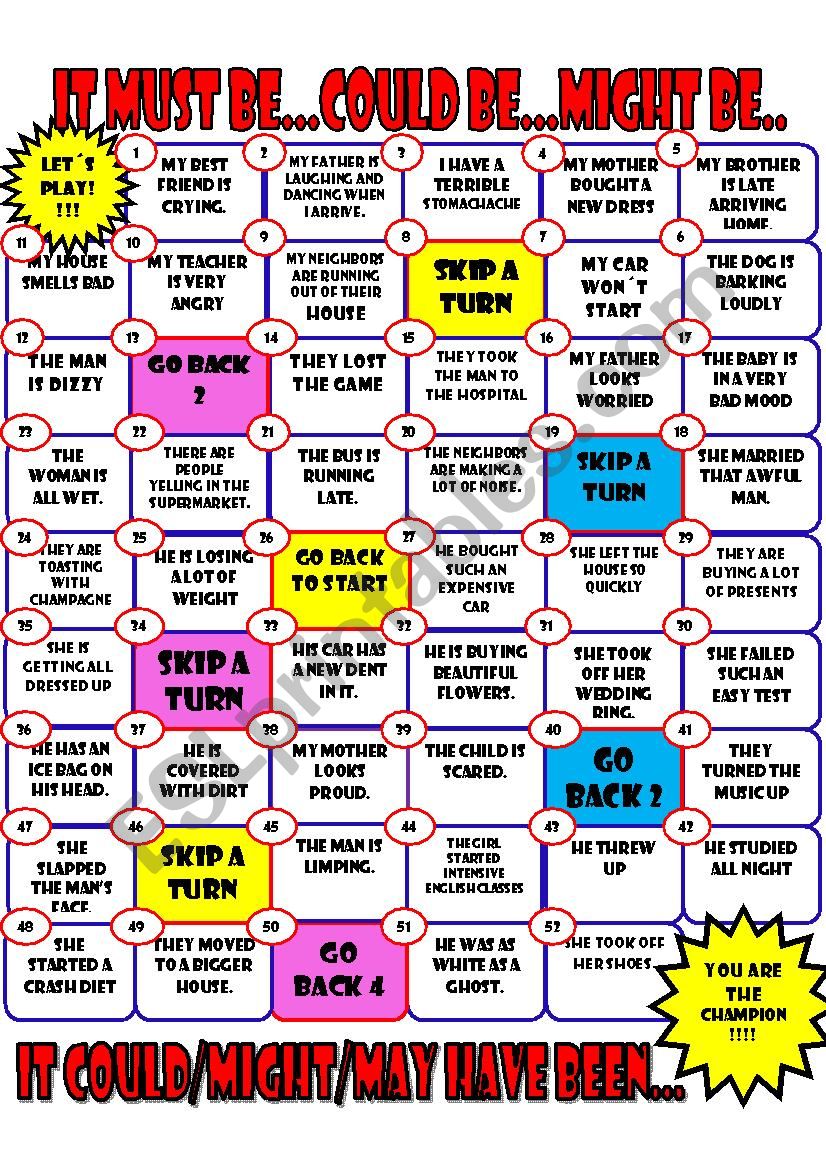

They might be the result of breeding between species or they may belong to an unknown human species.Įxactly. And we asked you: Are the fossils from humans?Īnd the answer is: Maybe. The fossils suggest that before modern humans arrived in Asia, more diverse human groups may have lived there than previously thought. They might be the result of breeding between species or they may belong to an unknown human species. It seems that the fossils can't be from any known human species. The research teams analysing fossils found in China and Taiwan could be looking at something very important. While you listen, think about this question: Are the fossils from humans? And Fiona is talking about some ancient fossils that were found in China and Taiwan. We'll give you lots of examples…Īnd we’ll check what you've learned in our quiz.īut first, we're listening to Fiona, who is a science reporter. And modal verbs can express how sure or unsure we are about our guesses. When we don't know something for sure, we often make guesses. Now modal verbs are used in a lot of different ways but in this programme we’re looking at the modal verbs we use when we're talking about things we think are possible or true – both in the present and in the past. In today's programme we're having a look at modal verbs. He said he was going abroad this week.Hello and welcome to 6 Minute Grammar with me Finn.Īnd me Catherine. Now put the right modal for these situations: Lesson by Tristan, teacher at EC Malta English school Here we have looked at them used for a present deduction.

'Must', 'might', 'may', 'could' and 'can't' have many more meanings and are used to talk about different situations. They can't be very happy about working during the night. We use 'can't' to show that we think something is not true. (might/may/could+infinitive without 'to') Can't

We might need to work through the night if we want to get this ready on time. We use 'might', 'may' and 'could' when we are not sure about something. You must be tired.īeing a sky diving instructor must be very exciting. You’ve been working in the garden all day. (the speaker doesn’t know where but is sure it is not far away) She must live close to where she works because she walks to work. We use 'must' when we feel sure that something is true because we have some information about the situation, we have strong evidence. We use modal verbs in a situation where we need some level of deduction which means we say how sure we are about something.


 0 kommentar(er)
0 kommentar(er)
